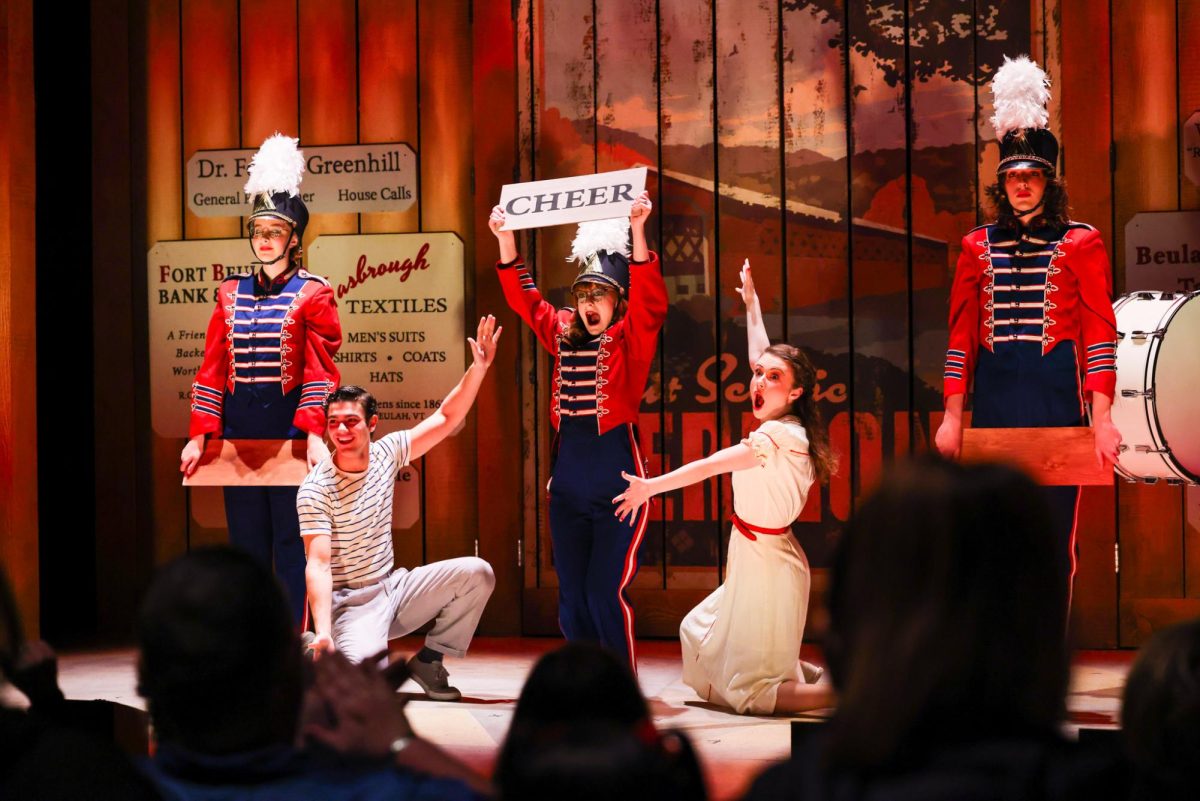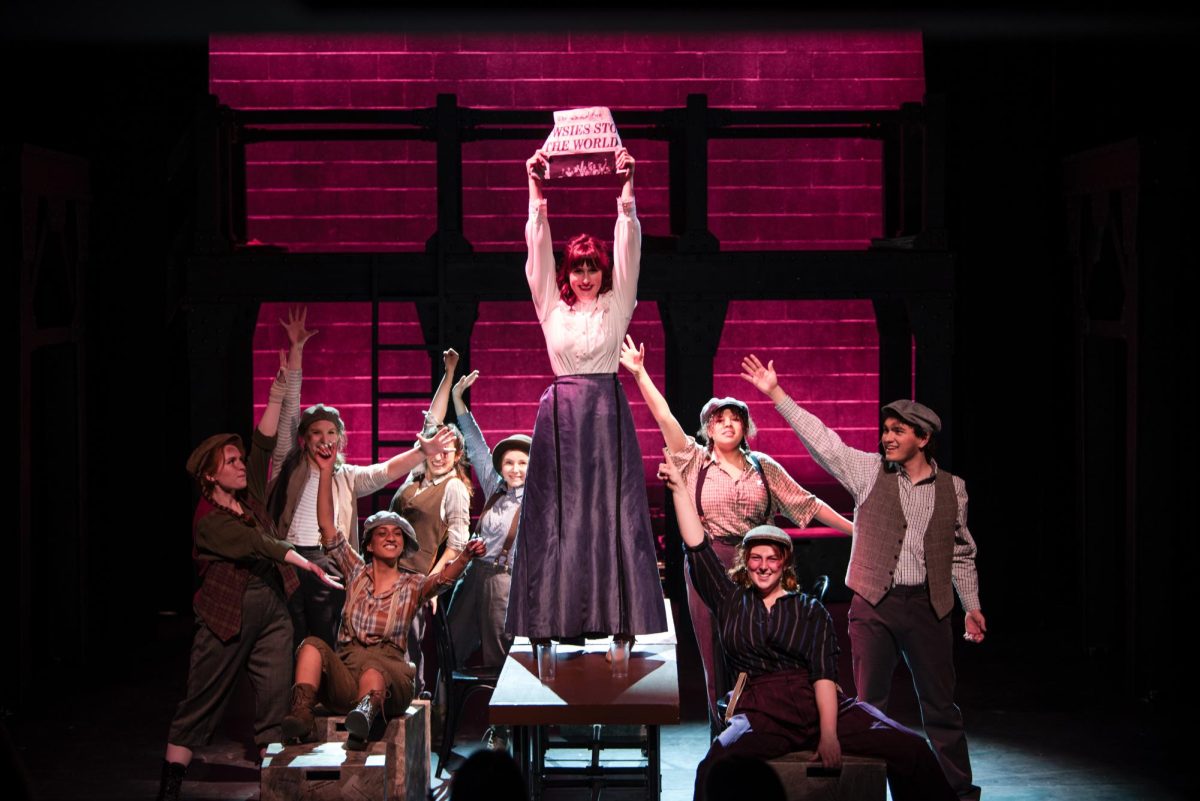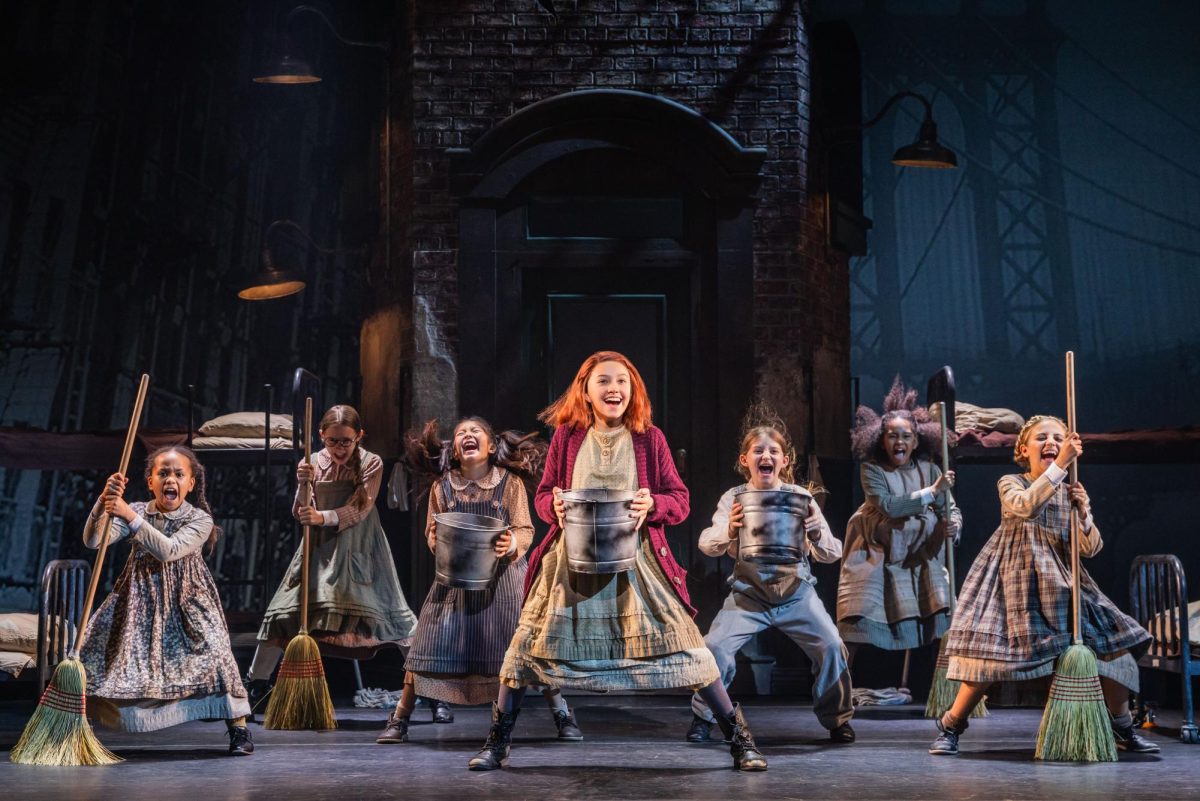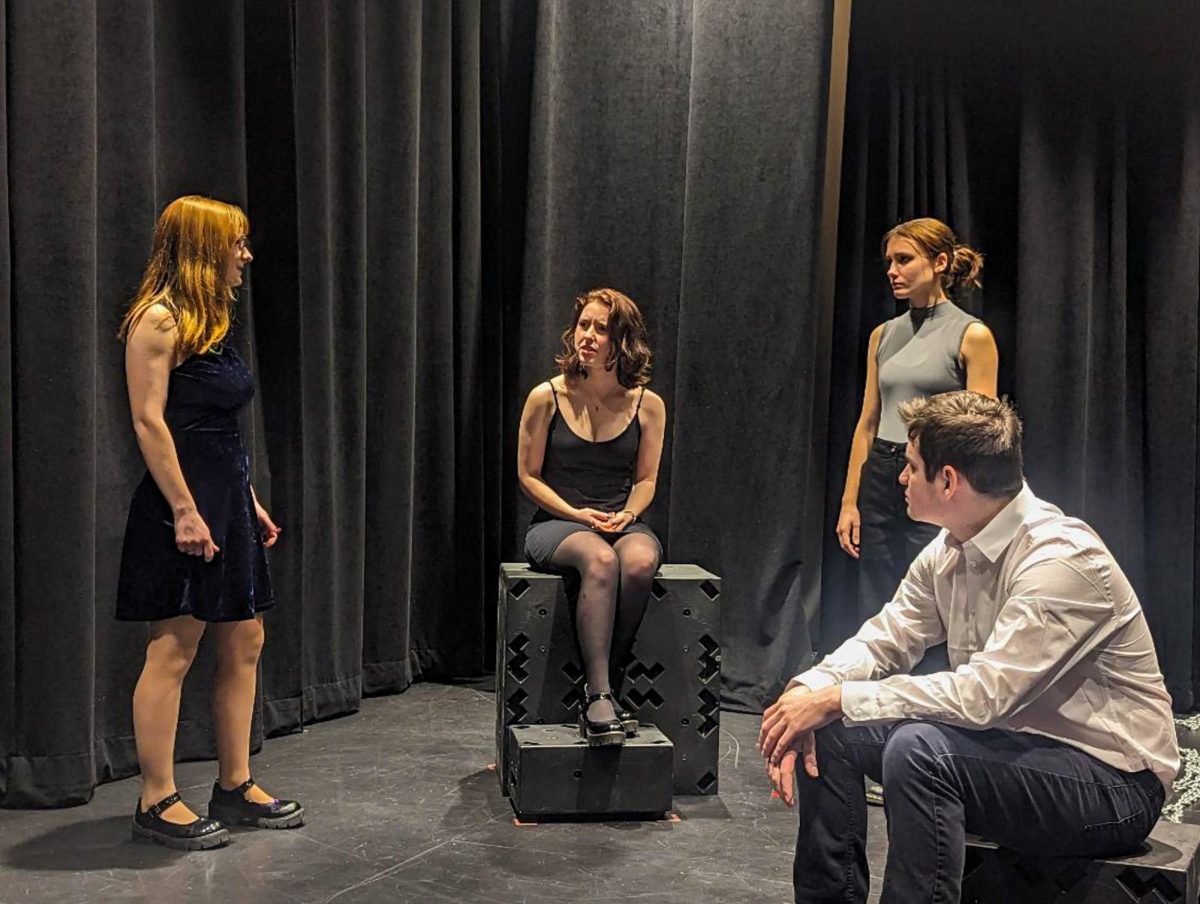Article By: Tom Logan
When one thinks of Paradise Lost, the initial image that comes to mind is that of Milton’s epic poem about the fall of Satan and mankind’s exile from the Garden of Eden. Paradise Lost by Clifford Odets is a depression-era tragedy about a family that loses everything through no fault of their own. The play, directed by Daniel Fish, is being performed at the American Repertory Theatre until March 20.
Paradise Lost chronicles the life of the Gordon family, a middle-class American family living in the Great Depression, that slowly watches the life they worked hard to build come crumbling down. The head of the Gordon family is Leo Gordon (David Chandler), who struggles to do the right thing for his family and his business. His wife Clara (Sally Wingert) is a woman trying to keep her family together and support her husband. Ben (Hale Appleman), the Gordon family’s oldest son, is a bright-eyed youth that recently got married despite being unable to support his new wife. Julie (T. Ryder Smith), the youngest son, is a sickly young man that will soon die from an illness, and finally, the daughter, Pearl, (Therese Plaehn) is a young girl who loves to play piano.
Looking at the play, one really couldn’t tell that it even took place in the depression. All the characters wore modern clothes, there were images of modern cars, and the overall sense was that it tried to hard to seem modern as an allegory for today’s economic climate. This can be seen in some of the costumes that the characters wore. Julie wore an AIG t-shirt in the final act of the play. Another character, Gus Michaels, wore an Enron T-shirt. The problem with Fish trying to make the play more relatable to current events was that it fell flat on its face. Instead of putting on a play that was well-developed and had a message, Fish simply showed the audience the Great Depression and said, “See, it’s similar to today, isn’t it?”
The best word to describe this play would have to be preachy. The dialogue between characters didn’t sound natural, it seemed as if someone would bring up a topic, and then someone else would go on a ten-minute-long philosophical speech about their thoughts on it. For example, in the second act of the play, Clara randomly makes a statement about how if the United States is called to war, she will encourage her children to go fight if they are drafted. After that, Mr. Pike, the furnace man who apparently lost two sons in the first World War, went on a huge rant about how she’s wrong, all war is bad, and we’re evil if we encourage people to fight in them.
Another problem that this play has is that most of the story is more or less inferred rather than explained. For example, Mr. Pike never says that he lost both his sons, but it is heavily inferred that he did. Some of the major plot points in the play happen off screen, which takes away a lot of the action and leaves the audience with only words. It was similar to watching Hamlet, except without the scenes where the characters actually do something.
The biggest problem with this play would have to be the set design. It supposed to take place in the Gordon family’s home, but the set more or less looked like a warehouse. There was a scratched wood floor, a wooden round table, a stack of boards that were supposed to be stairs, and a long blue wall that looked like the outside of a house. There was also a couch that was placed offstage where few people could see it, a gold statue of Ben running that was never really utilized (or even acknowledged), and finally, a large movie projector screen in the background that was supposedly used to enhance some plot points.
The movie screen was probably the worst idea for many reasons. The long blue wall was in the way, and caused the images on the screen to look distorted. Some of the things shown on the screen were random and out of place. When the characters are talking about Ben, the screen suddenly showed a video of him running, which ultimately added nothing.
Also, the movies played on the movie screen were distracting. At one point in the play, Mr. Gordon is approached by a professional arsonist who offers to burn down his business so he can collect the insurance money. While he was making the offer, the movie screen projected a close-up negative image on the arsonist, which really distracted the audience from what the characters were talking about.
In the end, Paradise Lost tries to give a social commentary to today’s economy but ultimately fails. The only people that would possibly enjoy this play would have to be pretentious hipsters that want to sound intelligent at the next Starbucks pseudo-philosophical discussion. For everyone else, this is a play that is long, boring, and preachy.













